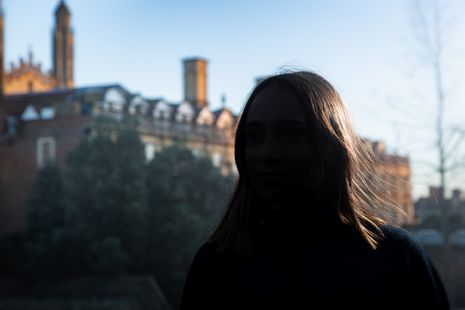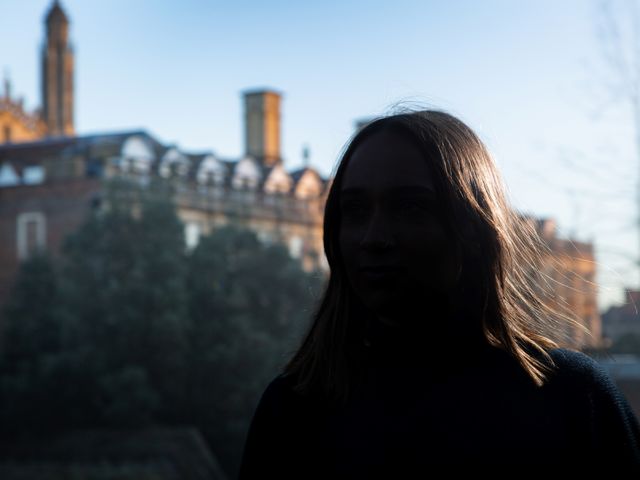Colleges have ‘actively discouraged’ students from reporting sexual assault allegations to the police
One victim approached her college for support, to find they were ‘adamant’ to avoid police involvement

Colleges have “actively discouraged” students from reporting serious sexual assault allegations to the police, a Varsity investigation has found. One victim approached her college for support, to find they were “adamant” to avoid police involvement.
Victims of sexual assaults feel they were applauded for choosing the supposedly “kinder” process of reporting through the university’s disciplinary board instead of taking their cases to the police. Another student who was a victim of stalking is certain that the stalking would have “stopped much sooner” had she approached the police earlier.
Students who wish to report incidents of sexual assault can do so through the University’s Office of Student Conduct, Complaints and Appeals (OSCCA), through either a formal or informal procedure, or alternatively through their college. Cases reported through the informal process take around 1-2 months to process.
One victim who spoke to Varsity revealed that her perpetrator delayed the process for several months, citing exams as the reason, despite them both being on the same course. The student waited eight months until a settlement was finally agreed upon and experienced suicidal thoughts as a result of the delay. The victim feels that her college misrepresented OSCCA as an equivalent process to a police investigation.
OSCCA states that legal representation is “not normally necessary or appropriate” in their proceedings, apart from in “exceptional circumstances” where a student can seek a legal representative “at their own cost”, provided they receive permission from the Student Discipline Office.
Defence lawyers have worked covertly with students during the proceedings of conduct boards, regardless of whether permission is granted.
The investigation raises new questions about the growing role of universities in dealing with cases of sexual assault. Rose Stephenson, Director of Policy and Advocacy at the Higher Education Policy Institute, has warned of the “huge variation” between universities in how they deal with cases of sexual misconduct: “If universities were investigating murder, we’d all think that was totally inappropriate. Yet we’re doing it for rape.”
Read the full investigation here
 News / Hundreds of Cambridge academics demand vote on fate of vet course20 February 2026
News / Hundreds of Cambridge academics demand vote on fate of vet course20 February 2026 News / Judge Business School advisor resigns over Epstein and Andrew links18 February 2026
News / Judge Business School advisor resigns over Epstein and Andrew links18 February 2026 News / Petition demands University reverse decision on vegan menu20 February 2026
News / Petition demands University reverse decision on vegan menu20 February 2026 News / CUCA members attend Reform rally in London20 February 2026
News / CUCA members attend Reform rally in London20 February 2026 News / Caius students fail to pass Pride flag proposal20 February 2026
News / Caius students fail to pass Pride flag proposal20 February 2026










